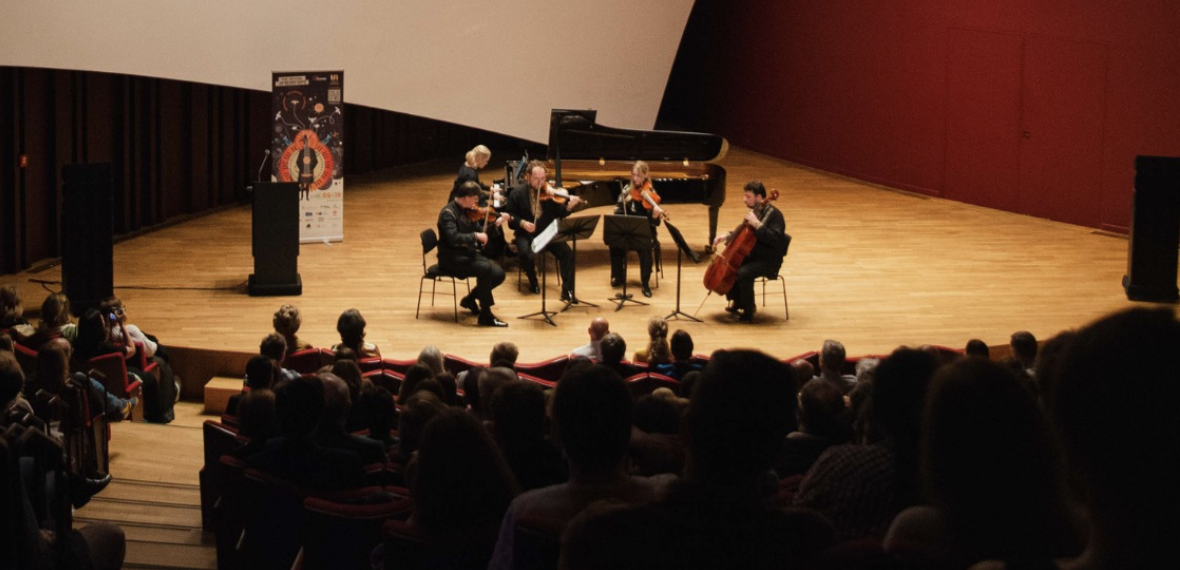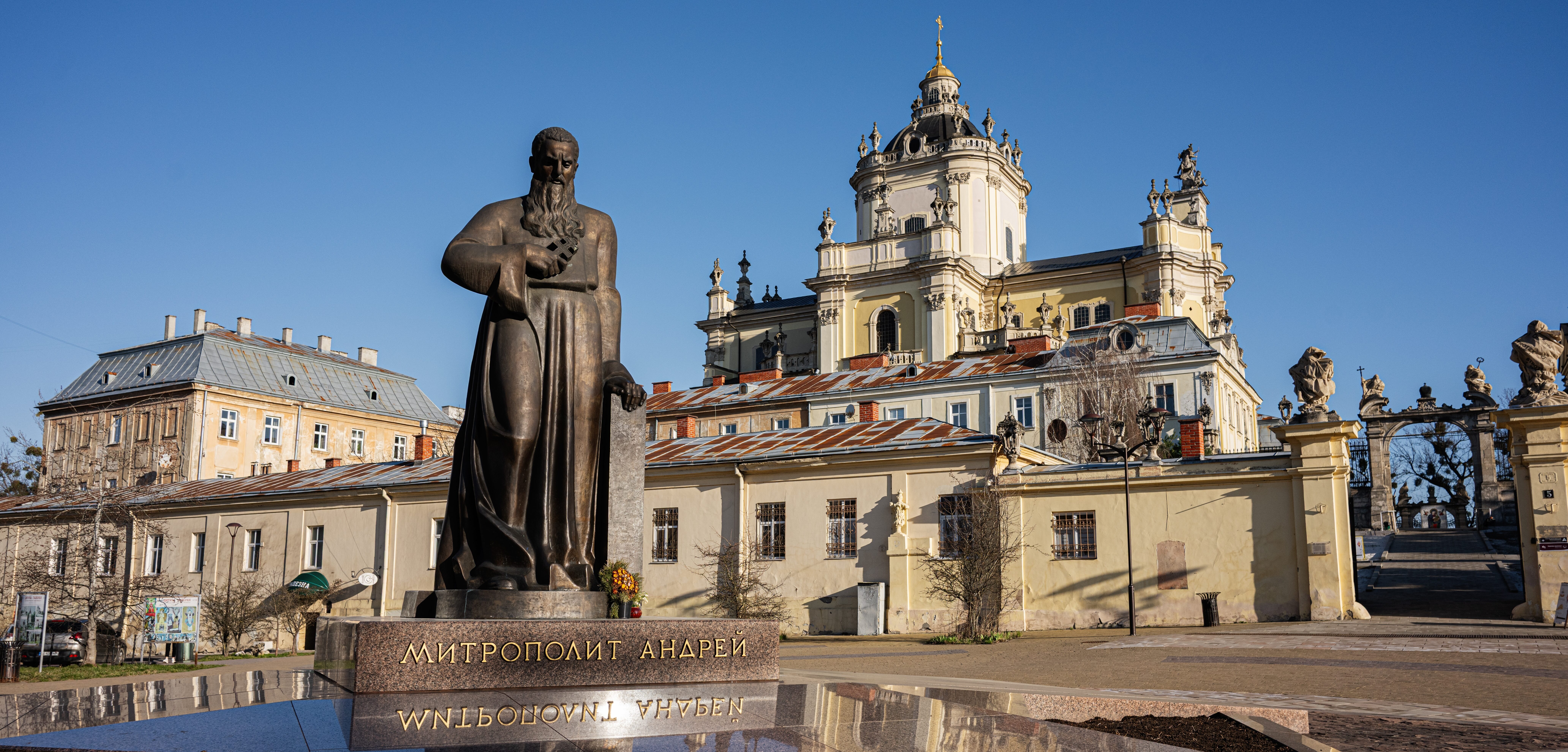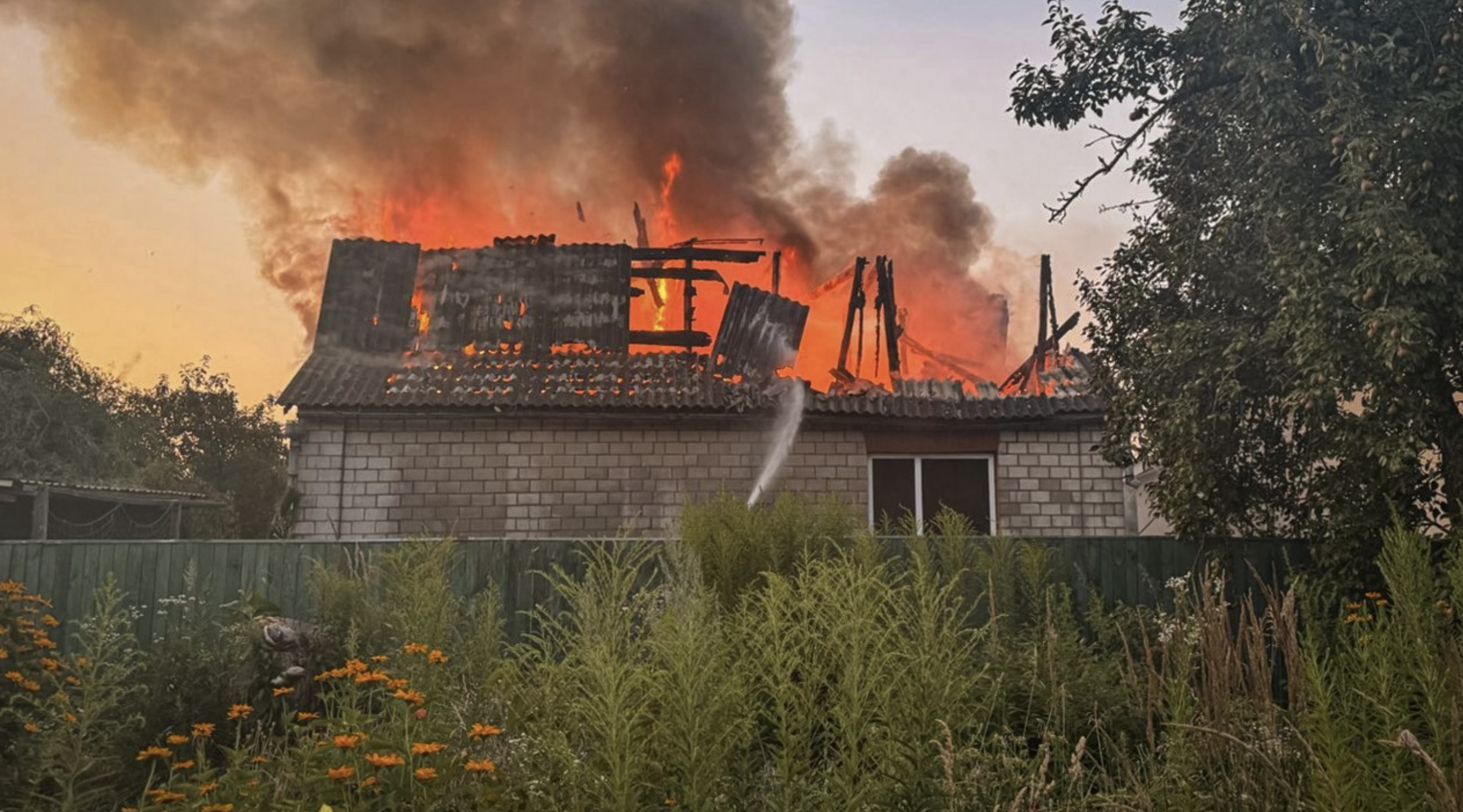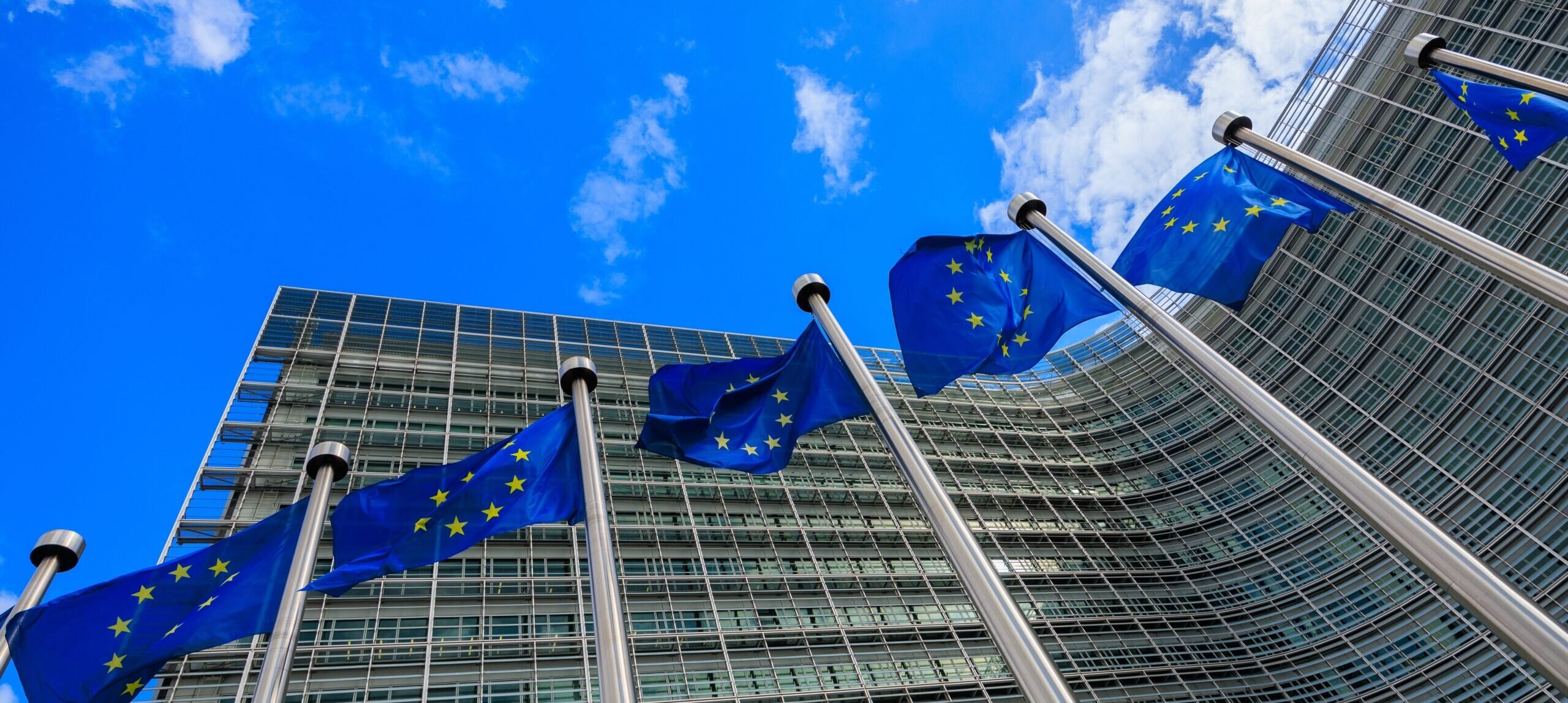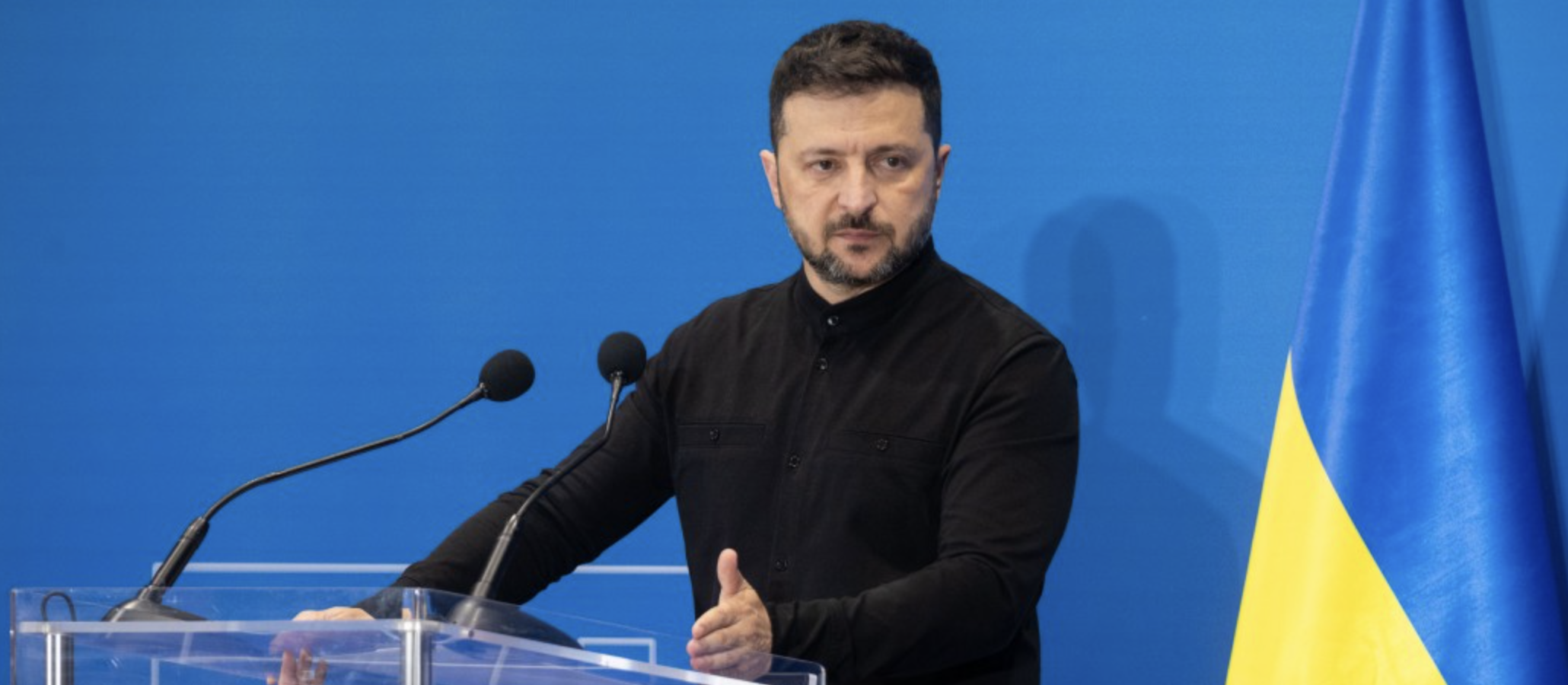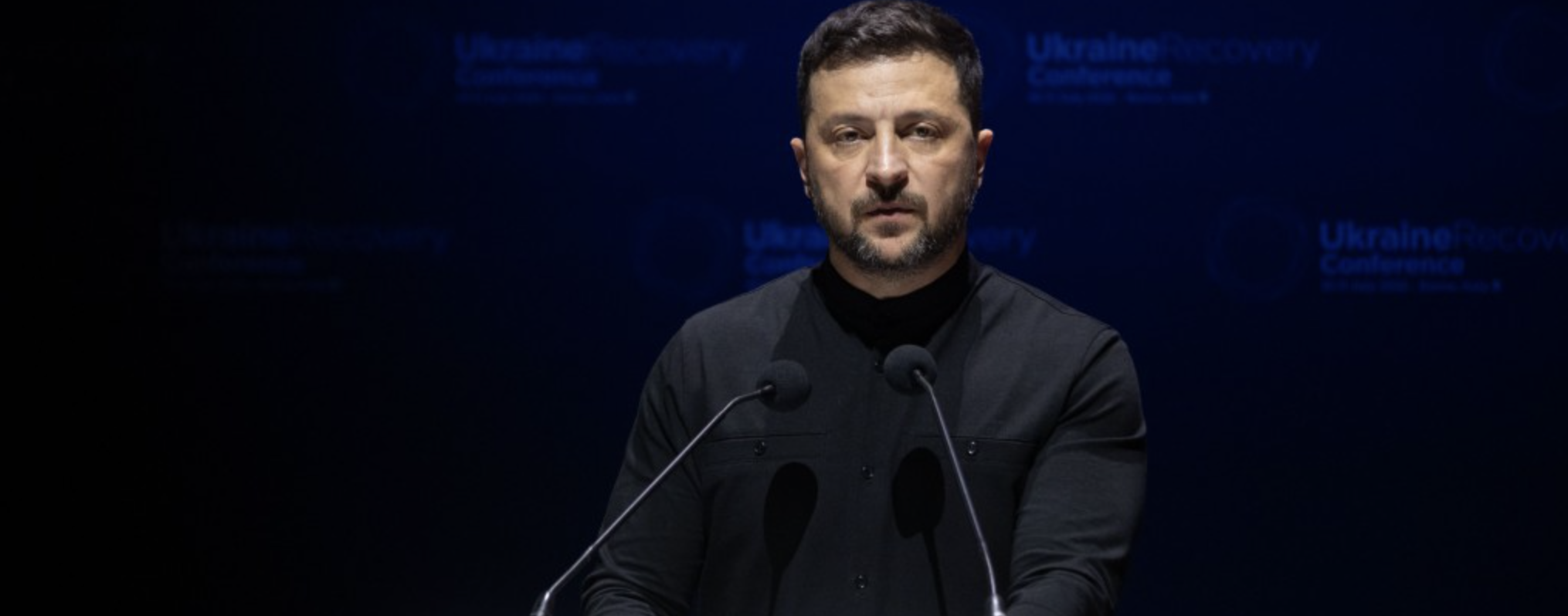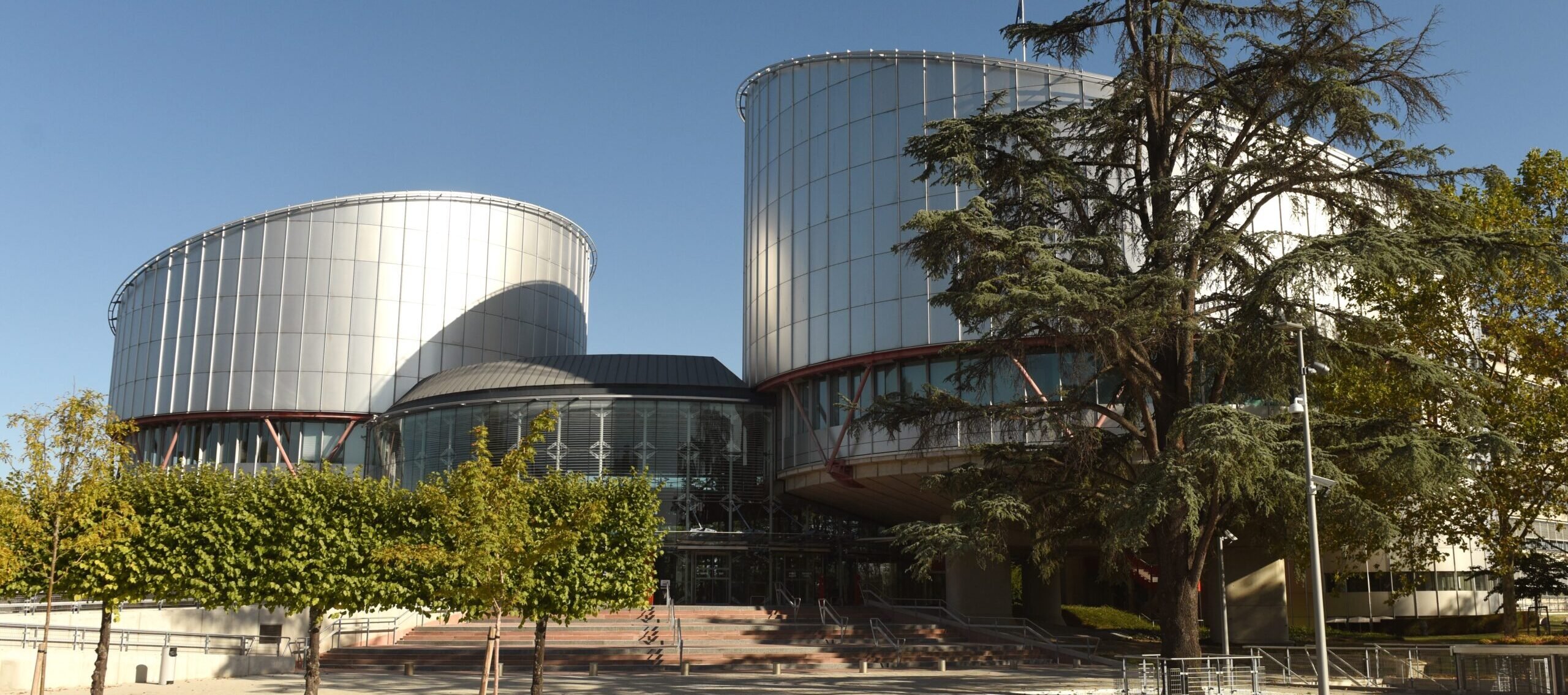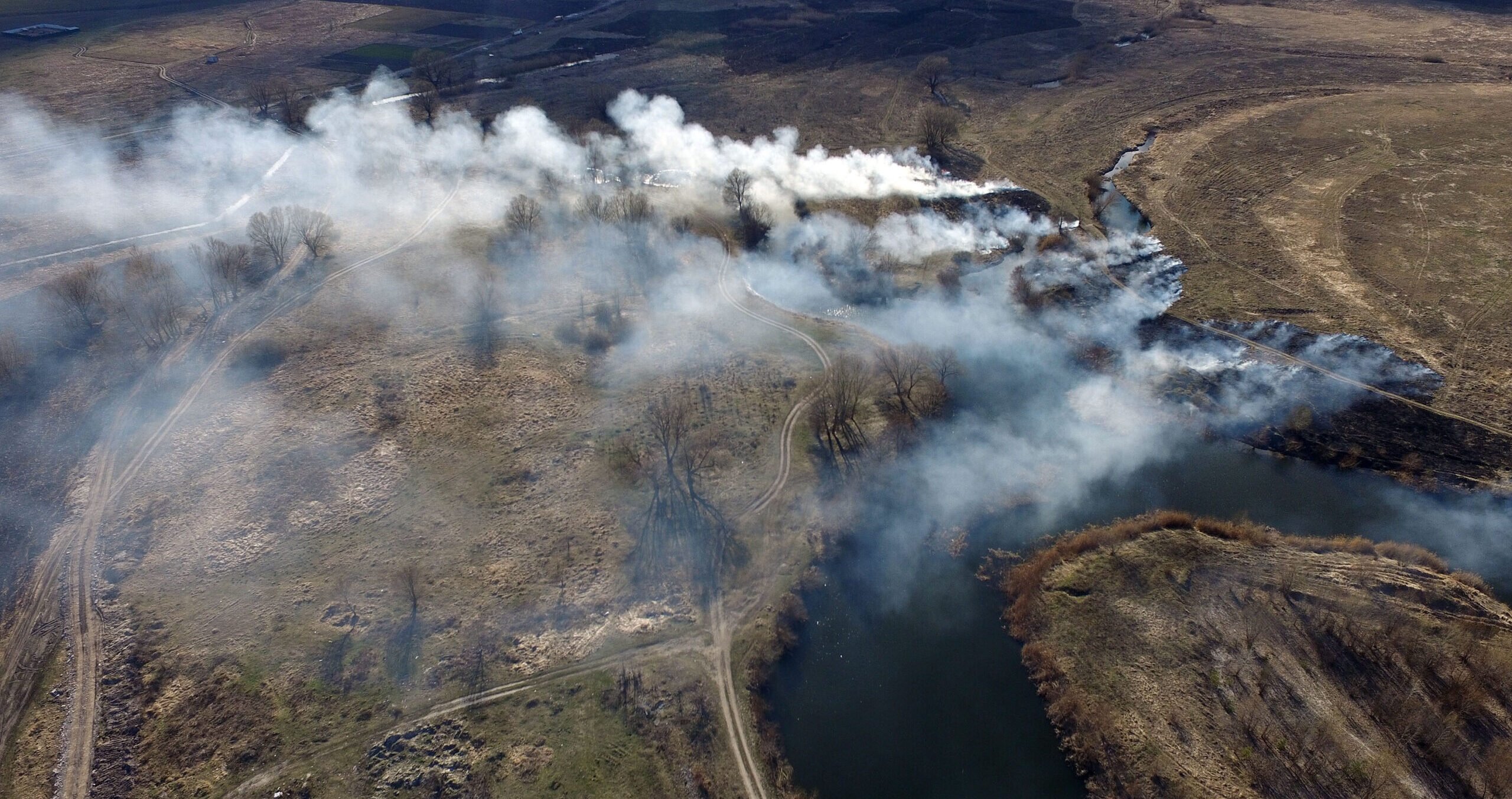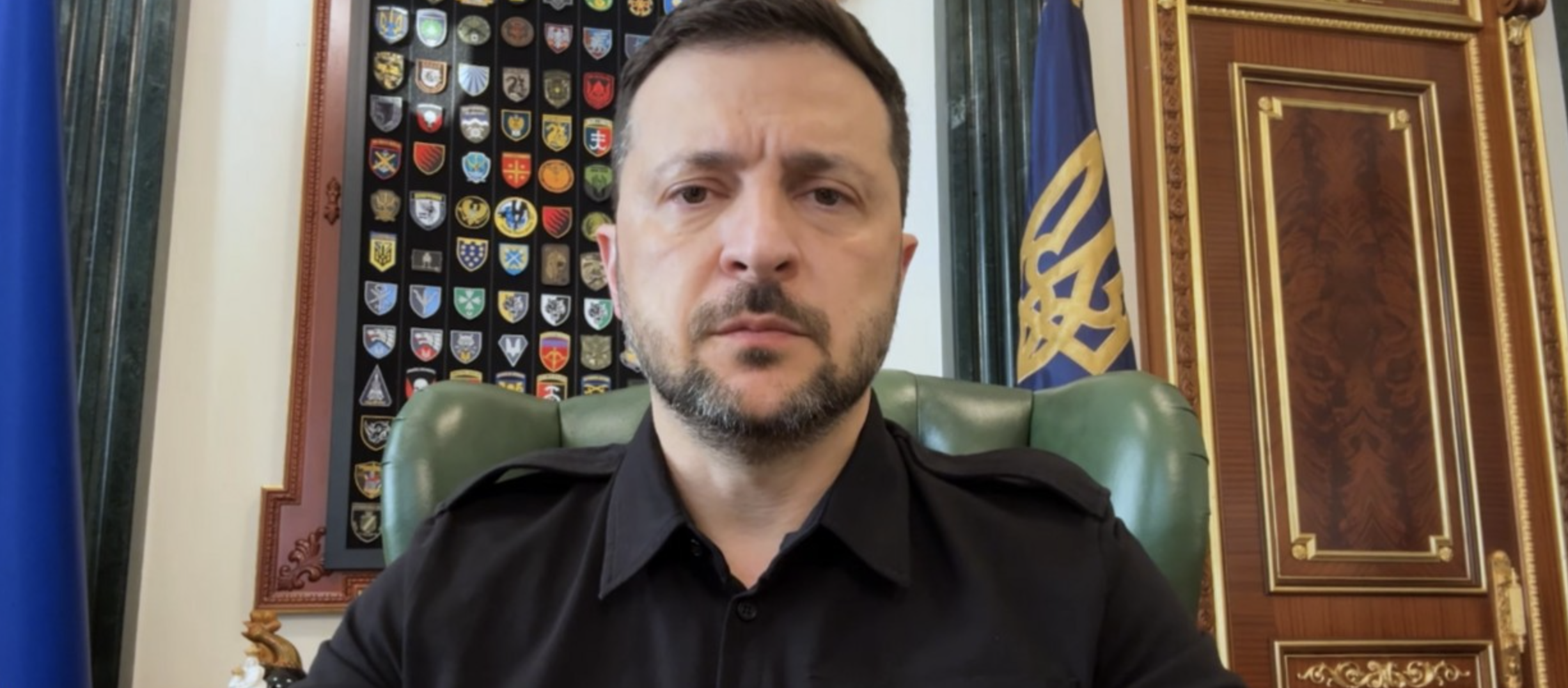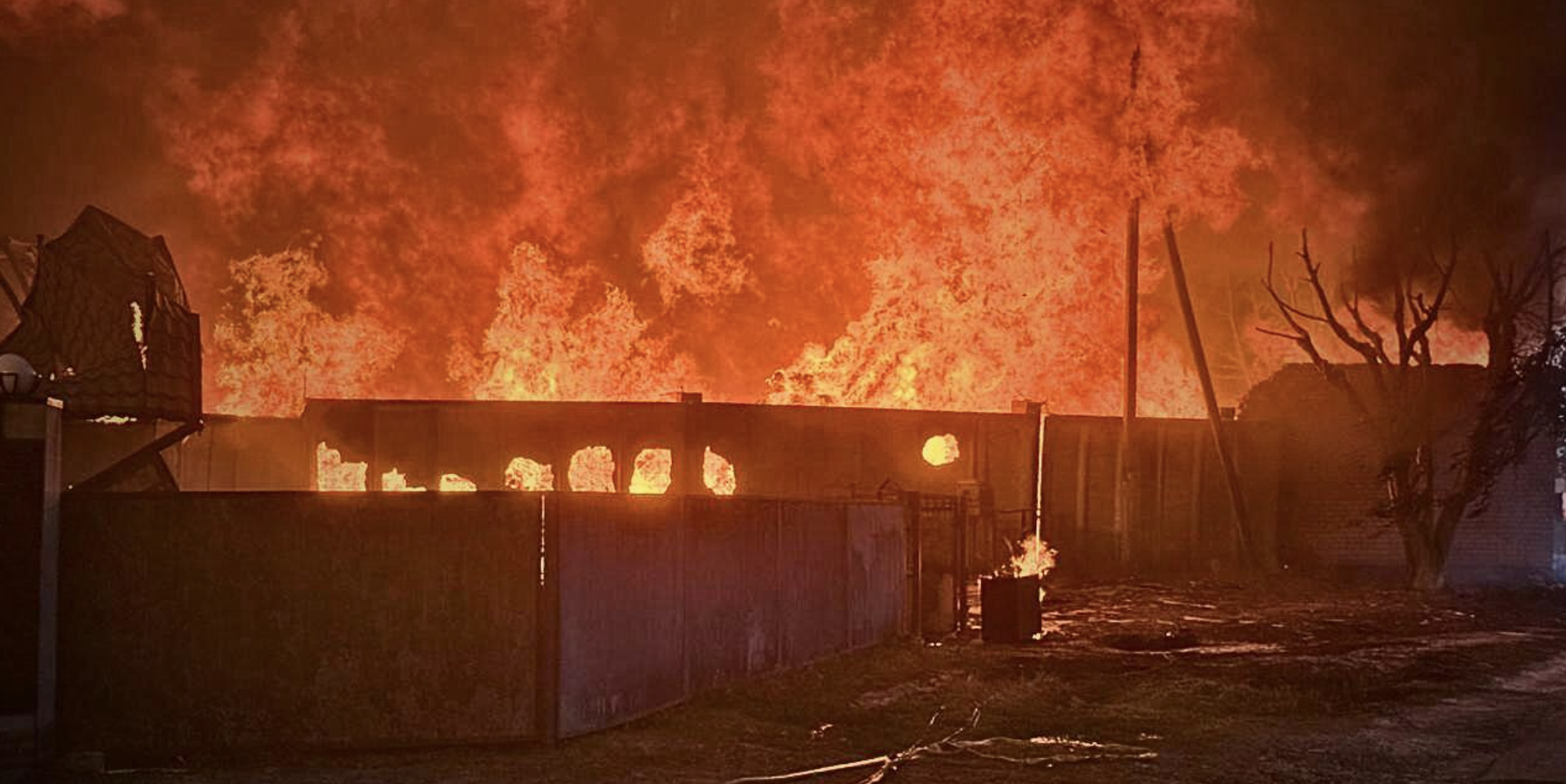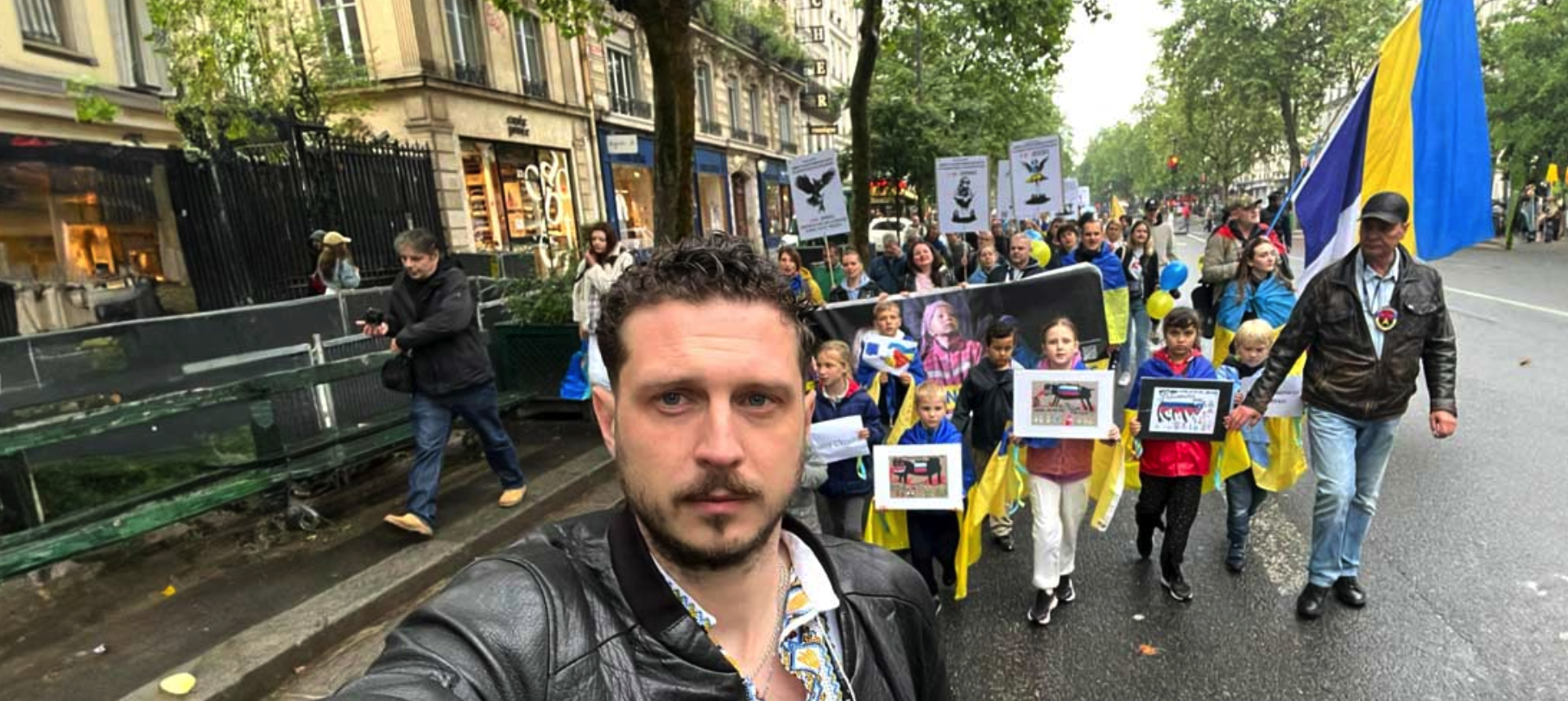
Volodymyr Kogutyak, UWC Vice President for Western Europe and Vice President of the Association of Ukrainians in France, discussed Russian provocations during Ukrainian rallies in Paris, memories of Vasyl Slipak and Nathalie Pasternak, and how the diaspora supports Ukraine in an interview with Ukrainian Week. The Ukrainian World Congress is publishing an interview excerpt, with the full version available at the link.
— You are the Vice President of the Association of Ukrainians in France (AUF) — the oldest Ukrainian organization in France, which has been regularly organizing demonstrations against the Russian war in Ukraine since 2014 and continues to do so today. Who attends your events, mostly Ukrainians or also French people? Do you have support from other communities? If so, what kind of support?
— At the beginning of the Revolution of Dignity in 2013, large demonstrations were held in Paris, attracting many Ukrainians. However, by 2015, the demonstrations started to gather far fewer participants, with only the most active members of the Ukrainian diaspora remaining. Since 2022, after Russia’s full-scale invasion of Ukraine, a new powerful wave of demonstrations emerged, which were also predominantly attended by Ukrainians.

At the beginning of Russia’s attack on Ukraine, we had significant support from various French politicians and parties, as it was the presidential election period. I can say that today, after more than 150 rallies, we have a good hundred people who consistently attend our rallies twice a week. About half of these participants are not Ukrainians; they are French, Georgians, Iranians, Vietnamese, Poles, Latvians, Cubans, and representatives of other nations.
We are truly proud that we are heard and seen in Paris, and in these challenging times for our historical homeland, we speak with the voice not only of Ukraine but also of many countries harmed by the Russian Federation.
— Members of the AUF included the illustrious son and daughter of the Ukrainian people, Nathalie Pasternak and Vasyl Slipak. You knew both of them personally. Can you share your memories?
— Yes, I truly had the honor of knowing these individuals, who I always looked up to and still do. Nathalie Pasternak was the person who found me and offered me the position of President of the Association of Ukrainian Students in France. She was the one who taught me, during the Revolution of Dignity, how to speak with politicians, give interviews, and, most importantly, unite people. Nathalie Pasternak was incredibly dedicated to her cause and passionate about it. She loved organizing big events.
I met Vasyl Slipak a little later when he had already become the voice of our demonstrations in Paris. His charisma, intellect, courage, and voice instilled faith in a bright future.
Once, he started a rally but handed me the microphone halfway through because he had a concert that day. Continuing the march after him was an extraordinary honor. I honestly wanted to shout as well as Vasyl did, and I tried very hard, so afterward, I was without a voice for 24 hours.
And today, we have a very good leader of our diaspora — Ivan Pasternak, Mrs. Nathalie’s husband, who does an extraordinary amount for Ukraine and for all of us. But the strength for both him and me comes from the people who are no longer with us; they continue to help us from the heavens.
— How often do your street protests face provocations from supporters of the Russian Federation? How do ordinary French passersby and participants react to such situations?
In 2013-2014, we were aware that Russian intelligence services monitored our every word. We observed this in media articles and among people who provoked incidents at our rallies.
Recently, over the past few months, we’ve again felt what we experienced initially: Russian journalists are back at our demonstrations, filming us and provoking situations. We’re seeing unfamiliar people asking lots of questions again. It feels like Russia has redirected funds and injected new financial resources to destabilize France.
Police are present at each of our demonstrations, and our golden rule is not to fall for provocations but to immediately involve law enforcement. It goes something like this: until I tell the provocateur to leave, someone is asking the police to take action on his behalf. This is crucial because only the police have the authority to check their documents and potentially enter them into various databases.
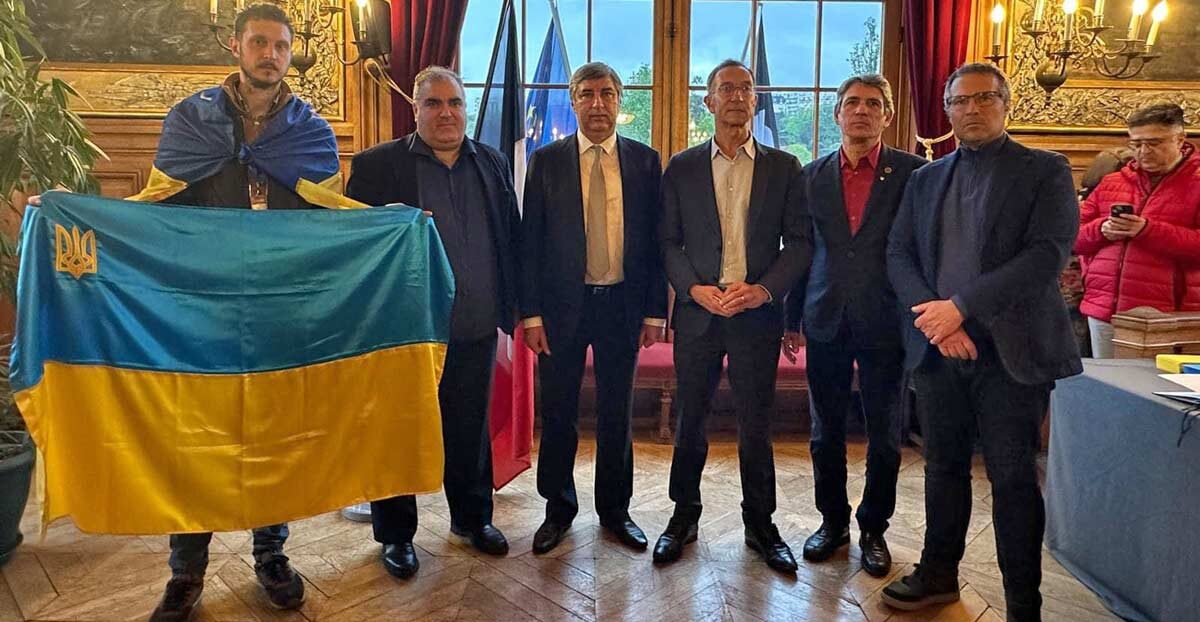
— In which areas of French life are Russian narratives most prevalent? Through which mechanisms does Russian culture, essentially Kremlin propaganda, most significantly influence the consciousness of French citizens?
— The greatest impact on average French citizens is made very subtly and effectively — through joint Ukrainian-Russian events ostensibly aimed at uniting and reconciling Ukrainians and Russians, promoting the longstanding idea of a “one nation.”
Russia adeptly weaves its propaganda into French life through culture and even cuisine — a tactic that consistently works. Joint events and cozy evenings play a significant role. In the two years since Russia’s full-scale invasion of Ukraine, three Russian “Pirozhki-Bar” restaurants have opened in Paris and its suburbs. The prices for these masterpieces of Russian cuisine are quite moderate, and it’s unlikely that their revenue covers the rent and production costs in the locations around the French capital where they are situated.
The first such restaurant appeared in April 2022, with a Ukrainian director. These establishments actively promote the narrative of “Russia-Ukraine together,” with staff advocating the idea of fraternal peoples and emphasizing that Ukraine and Russia are friendly, America provoked their quarrel, and so on.
The full interview is available at the link.
